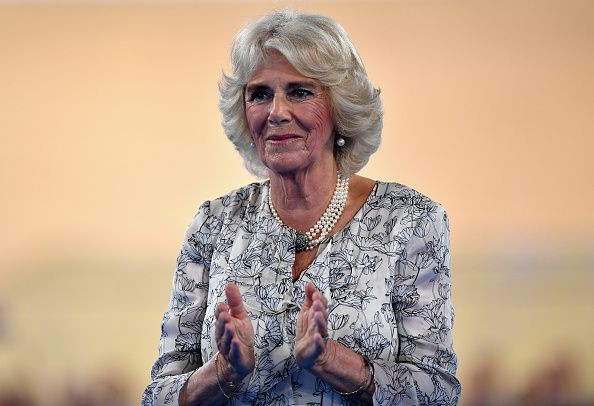Camilla Parker-Bowles Had To Work On This Skill To Become More Relatable

Camilla Parker-Bowles had to train herself to become more open so that the public will be able to relate to her.
Through the years, she has done a wonderful job at doing so. James Brookes, the director of broadcasting and communications at Royal Central, recently told Express that Parker-Bowles is also a very dedicated member of the royal family. She and Prince Charles tied the knot in 2005.
“She has engaged a lot in many patronages and has been supporting causes that are close to people’s hearts such as the defense of domestic abuse victims or making sure prisoners get the chances to develop literacy skills. But she doesn’t get the press younger royals get,” he said.
Brookes also praised Parker-Bowles for her welcoming approach towards the media.
“Camilla is always very receptive, very aware that the media are there, very inclusive, she always smiles to the cameras. Younger royals are perhaps more afraid and they tend to shun reporters, but she is much more receptive because she is aware she has to work a bit harder than some of the other royals,” he said.
But the royal expert also acknowledged the fact that several royal fans will never favor Parker-Bowles over Princess Diana even though the latter already passed away. Some of them are also unable to forgive the Duchess of Cornwall for having an affair with Prince Charles.
Before her death in 1997, Princess Diana opened up about her love triangle with Prince Charles and Parker-Bowles. During her interview with BBC Panorama, the Princess of Wales said they were three of them in the marriage.
This month, Penny Junor, a royal expert and the author of “The Duchess,” claimed that Parker-Bowles has already won over Queen Elizabeth II. Michael Peat helped convince Queen Elizabeth II that Parker-Bowles will be good for her son.
However, the Queen did not attend Prince Charles and Parker-Bowles’ civil wedding. But Robert Hardman, the Queen’s biographer, explained: “Her absence denoted her disapproval of the arrangements, not of the marriage.”
© Copyright IBTimes 2025. All rights reserved.





















